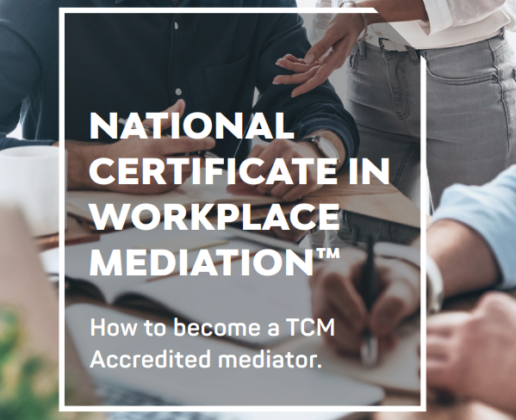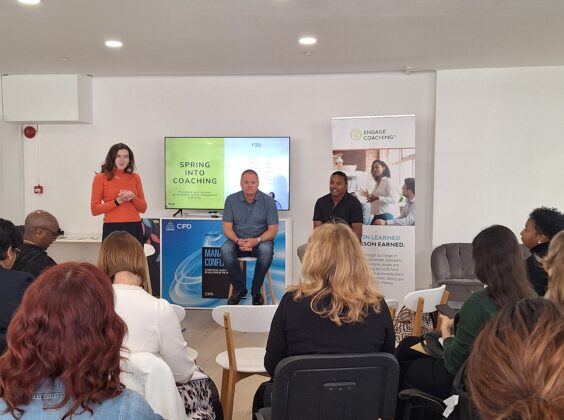
Share article:
Tags:
As you’re reading this, how are you feeling? Are you relaxed and optimistic about your day, workload, and personal life, or are you overwhelmed and feel things are moving beyond your control?

If you answered yes to the second part of that question, you might be feeling the symptoms of stress. Whilst not a psychiatric diagnosis like depression or anxiety, stress is closely linked to how positive your mental health is; It enjoys a cause-and-effect relationship with mental ill-health. If it’s not kept in check, over time, stress can trigger an issue. If you are the 1 in 4 living with a mental health condition, not dealing with stress can worsen that condition. It’s not always a bad thing; we need a certain amount of stress to survive and thrive as it triggers our fight or flight response. The problem comes when those stress levels become uncontrollable.
Bearing this in mind, you may notice that some people can deal with a much higher stress level than others; indeed, you may know those who feel they cannot function without it. Others reach their limit far quicker. This brings me to the stress bucket, a concept that explains why some people can be more vulnerable to stress and potentially other mental health concerns than others.
Imagine for a moment you are carrying a bucket. Throughout the day, water, representing everyday challenges we all face, flows into your bucket, adding to the water from yesterday. The size of that bucket varies from person to person representing your vulnerability to stress and mental health concerns. You have little control over this; it hinges on genetics, your background and how you’ve dealt with past trauma. The more issues you have had in your life, the smaller your bucket and the greater your vulnerability.
As your day continues, you fall out with a co-worker, then your manager asks you to take the lead on a project which will mean long days for the next few weeks. You have childcare concerns now you are returning to the office; your partner works from home and will not appreciate you working long hours. The other elements of your role don’t get the attention they need, plus this weekend you’re getting together with friends you’ve not seen in person for months. Suppose that wasn’t enough; as a backdrop to that, there is a significant major change project in progress from which you are concerned your role may be significantly altered going forward or disappear altogether. You may have started the day with little water in your bucket, but as the day has gone on, it’s fast approaching full.

When the water doesn’t reach the top of the bucket, you may feel your stress levels are under control. An overflowing bucket leads to overwhelm, that point where life gets too much, and you’re unable to deal with the stress in your bucket or take on any more. Your mental wellbeing is affected, and you may even see physical symptoms such as headaches, digestive problems and lethargy.
Reducing the water level relies on the use of taps, but beware of false or blocked taps. These are the things that, in the long term, are the unhelpful things we do to cope. They are temporary fixes or, indeed, may make matters worse. You stay up later to get work done during the week, then spend most of your weekend sleeping. You procrastinate, shifting the stress from an immediate problem to one that could increase in magnitude later.
The aim is to find effective water taps; those that allow the water to flow out of our buckets freely. These include having a good support network, eating healthily, getting regular fresh air and taking time for our hobbies and interests. We often see self-care as something selfish when it’s vital to our wellbeing as, without it, we can’t be an effective tap for others or perform at our best.
The rule of thumb is that stress is generally something we are comfortable talking about, whilst stigma still surrounds mental health conditions. By talking about the things that fill our buckets and taking control of our taps, we can normalise and have more meaningful conversations around our mental wellbeing, encouraging and supporting others to gain greater control of their taps.
To learn more about how to help yourself and others, consider becoming a Mental Health First Aider on my full accredited MHFA England course.
This article was originally published in Chamber Commerce magazine, republished here and repurposed for TCM with permission from the author.
Marie Coombes: Principal Resolution Consultant at The TCM Group








